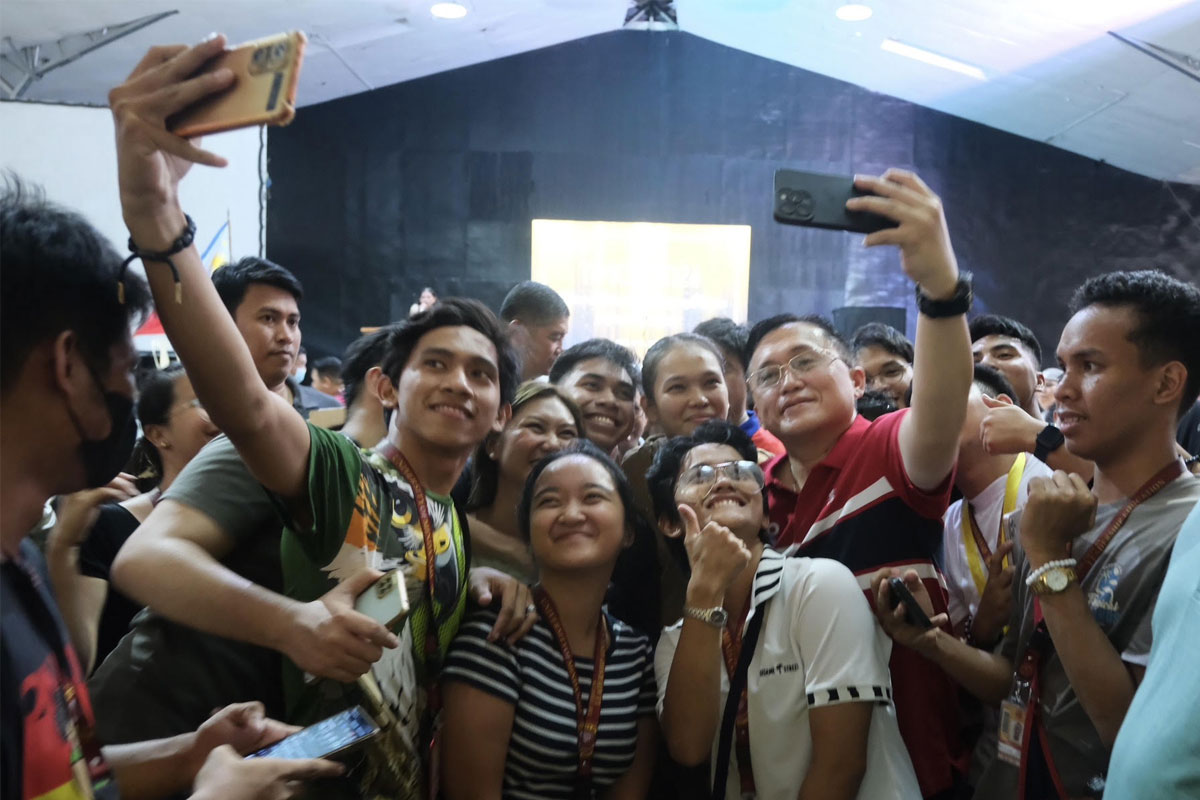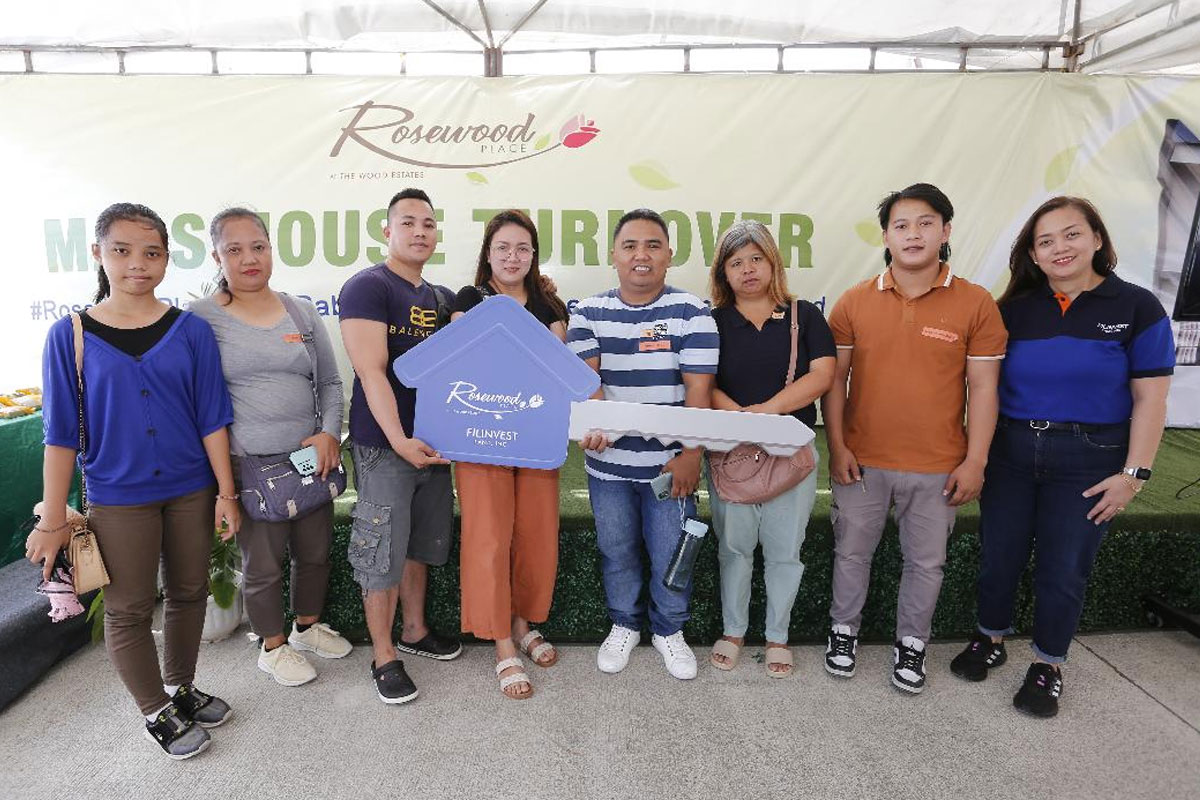
DENR to put up 2nd treatment storage disposal facility for electronic wastes
THE Department of Environment and Natural Resources (DENR) is set to put up a second treatment storage disposal (TSD) facility for electronic wastes as part of its commitment to the Stockholm convention on Persistent Organic Pollutants (POPs) to control these health and environment-hazard materials.
The DENR through its Environmental Management Bureau (EMB) signed an agreement with the United Nations Industrial Development Organization ( UNIDO) and Malabon City government for the establishment of said facility in Bgy. Dampalit, Malabon City.
UNIDO is the implementing agency of the project entitled “Implementation of PCB Management Programs for Electric Cooperatives and Safe e-wastes Management” funded by the Global Environment Facility (GEF) .
Other signatories in the agreement are the Integrated Recycling Industries Inc. (IRI), a Laguna-based company specializing in the reclamation and recycling of useful materials from WEEE, EcoWaste Coalition, and Globe Telecom, Inc.
The Malabon TSD facility will be supplementing the handling of electronic (E) wastes that is now being done in Bagong Silang, Caloocan City.
The two will be the only Materials Recovery Facility upgraded to TSD facilities in the Philippines that have the capability and permit to treat electronic (e) waste.
Electronic wastes– also called waste from electric and electronic equipment (WEEE)– such as used computers, television (TV) sets, refrigerators, cell phones were found to contain toxic metals such as lead, cadmium, mercury and hexavalent chromium.
Also included in the waste group are persistent organic pollutants (POP) flame retardants like polybrominated diphenyl ethers (PBDE) found in plastic casings.
EMB Director William P. Cunado said that they recognized the role of the informal sector in the proper handling and disposal of WEEE.
“With the upgrading of the MRF (material recovery facility) of Bagong Silang, Caloocan City to a TSD facility for e-wastes, members of the informal sector had been employed in the TSD facility for e-wastes,” Cunado said.
The DENR trains its informal sector-partners on proper dismantling of e-waste and proper management of residuals.
As such, exposure to human and environment is controlled as these waste have been linked with cancer, damage in human nervous system, liver, and reproductive system, and other health ills.
The UNIDO-supported project’s target is to collect at least 50,000 cathode ray tubes (CRTs) (which generate POP polybrominated diphenyl ethers) from televisions or computers. At least 26,000 CRTs has been collected as of May 31, 2021.
The project also a targets to treat 600 metric tons of PCB (polychlorinated biphenyls) oil and PCB contaminated equipment from at least 23 Electric Cooperatives nationwide.
According to an EMB report, the CRTs are coming from households collected by the informal sector (i.e. Samahan ng Mangangalakal and EcoWaste Coalition.
Collected e-wastes are transferred for proper dismantling and recycling at IRI’s Laguna facility.





















